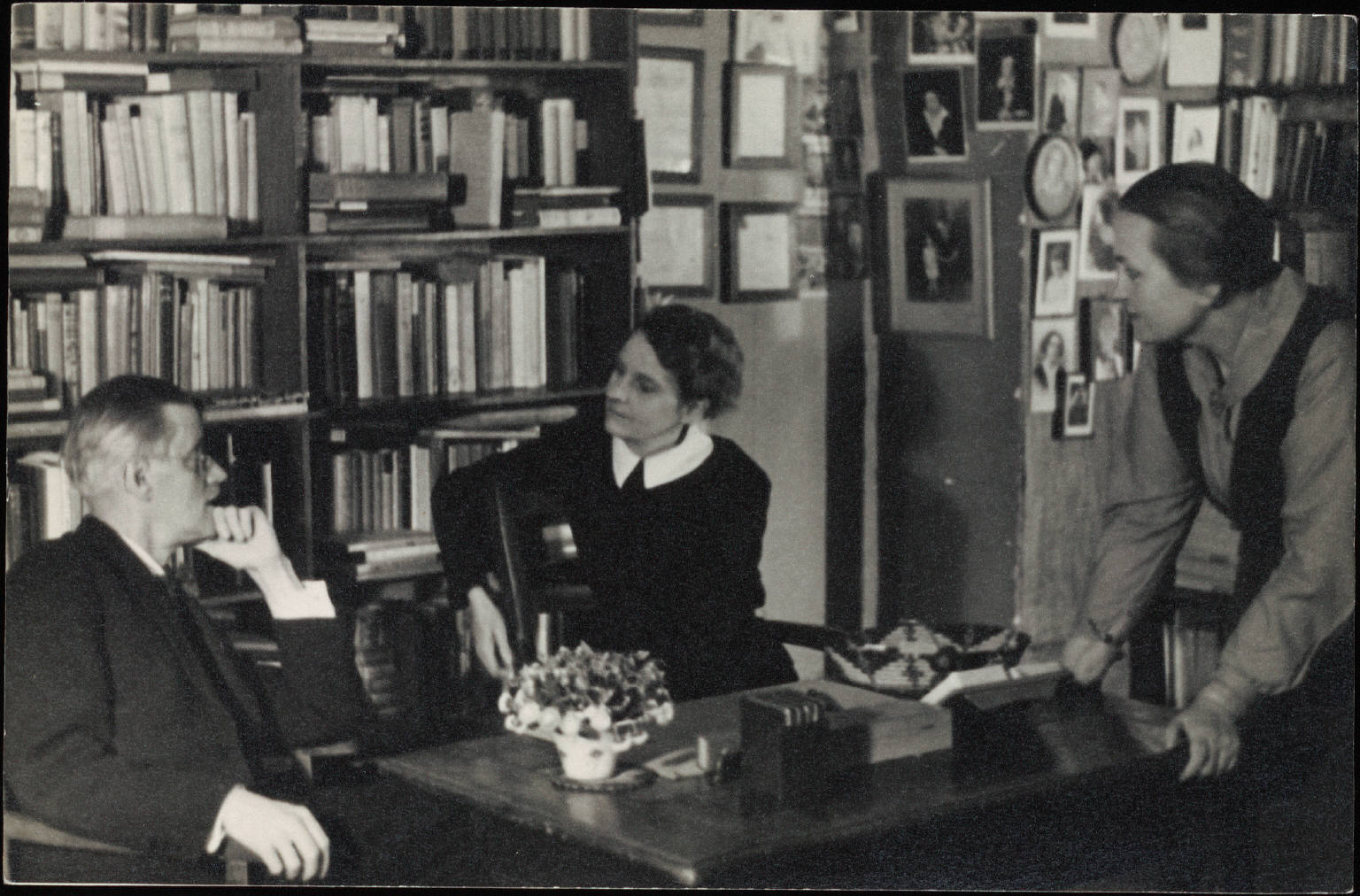 Continuing my TBR 2008 Challenge, I read Saturday by Ian McEwan. I loved McEwan’s Atonement, but was less crazy about McEwan’s Amsterdam and put down The Cement Garden after only a few pages. My admittedly limited exposure to McEwan’s early works suggest that he takes a pretty dark view of human relations (and I think this shifts with Atonement, and Saturday, which follows it). While I didn’t love Saturday with the same fervor as Atonement, I did find it interesting and well-written, and I’d recommend it to most readers.
Continuing my TBR 2008 Challenge, I read Saturday by Ian McEwan. I loved McEwan’s Atonement, but was less crazy about McEwan’s Amsterdam and put down The Cement Garden after only a few pages. My admittedly limited exposure to McEwan’s early works suggest that he takes a pretty dark view of human relations (and I think this shifts with Atonement, and Saturday, which follows it). While I didn’t love Saturday with the same fervor as Atonement, I did find it interesting and well-written, and I’d recommend it to most readers.
Saturday is the story of one London neurosurgeon’s Saturday-from his pre-dawn awakening, through his squash game, visiting his senile mother, his son’s jazz concert, to an evening family reunion, to a midnight surgery, to sleep. In addition to this journey through one man’s life, the novel also looks at larger social issues. Terrorism forms the backbone of the story, at both a macro and a micro level. Henry Perowne is awakened by what he thinks is a plane crash caused by terrorists, and protestors against the Iraq War have gathered in the streets and parks of London on this February Saturday. These protestors disrupt his day in multiple ways-forcing him to take alternate driving routes (and causing an accident with serious repercussions) and compeling him to grapple with his own thoughts and opinions on the British (and American) invasion. Saturday also deals with other types of terrorism-the fear and raw tensions of city life-beatings and muggings, home invasion-dormant threats that are ever-present, and part of Henry’s bargain to live in the city. The novel maintains a pretty constant state of high anxiety and it has what I would consider to be a nail-biting climax. (I read it on the T and could feel my adrenaline surge). I also think that it’s a fair and thoughtful novel, and it makes good use of Matthew Arnold’s ‘Dover Beach.’
Have any of you read Saturday? What did you think? And what do you think of Ian McEwan?

